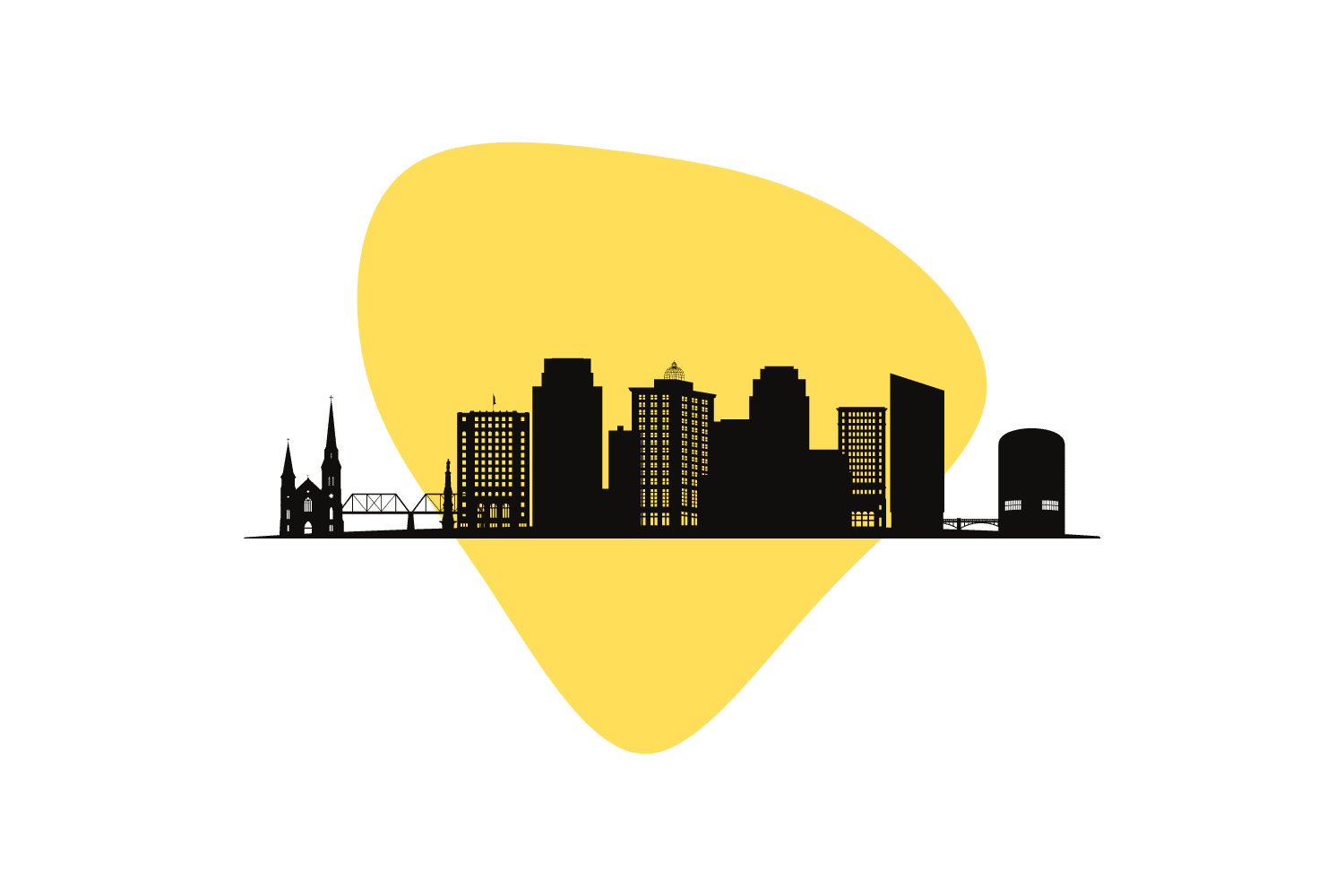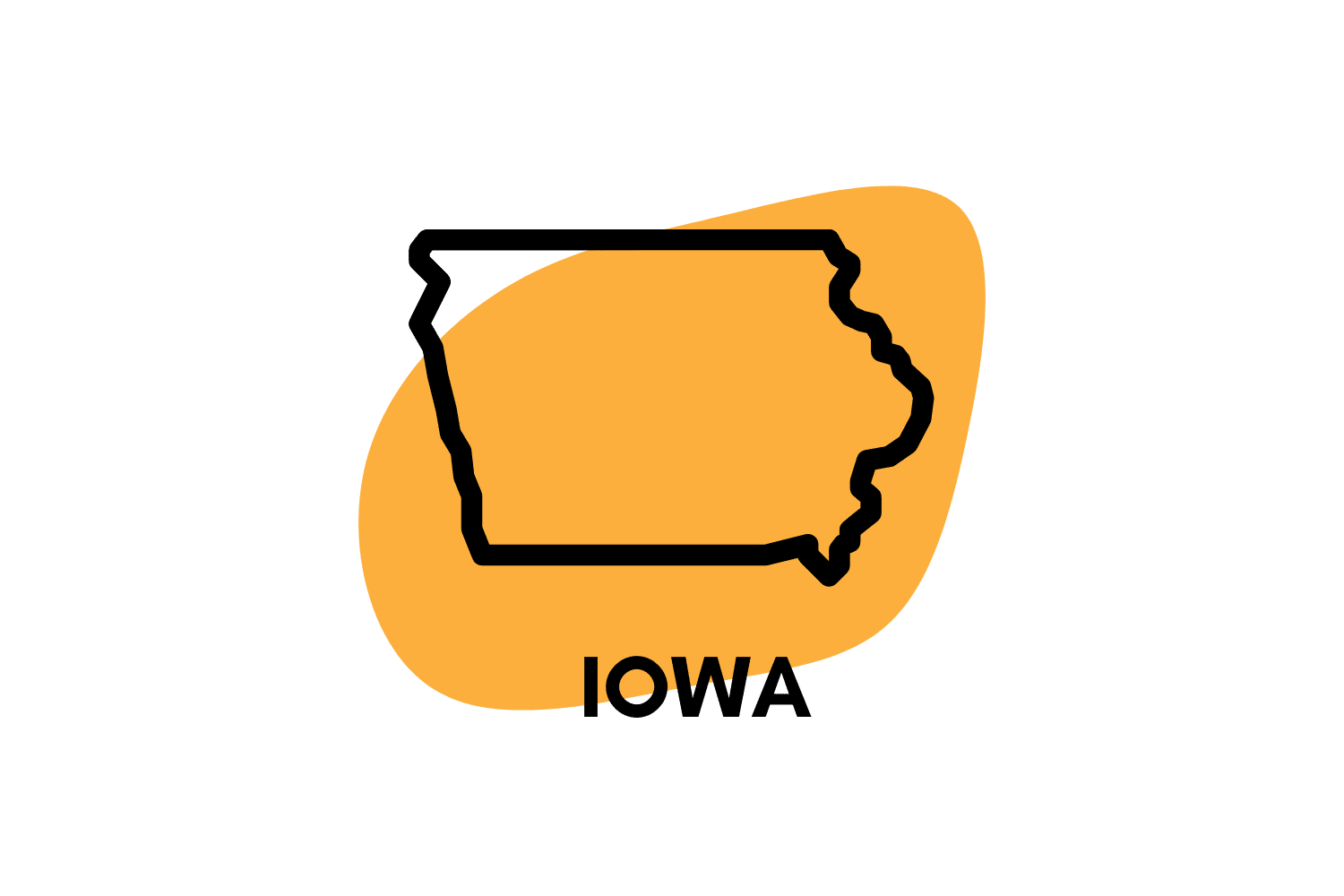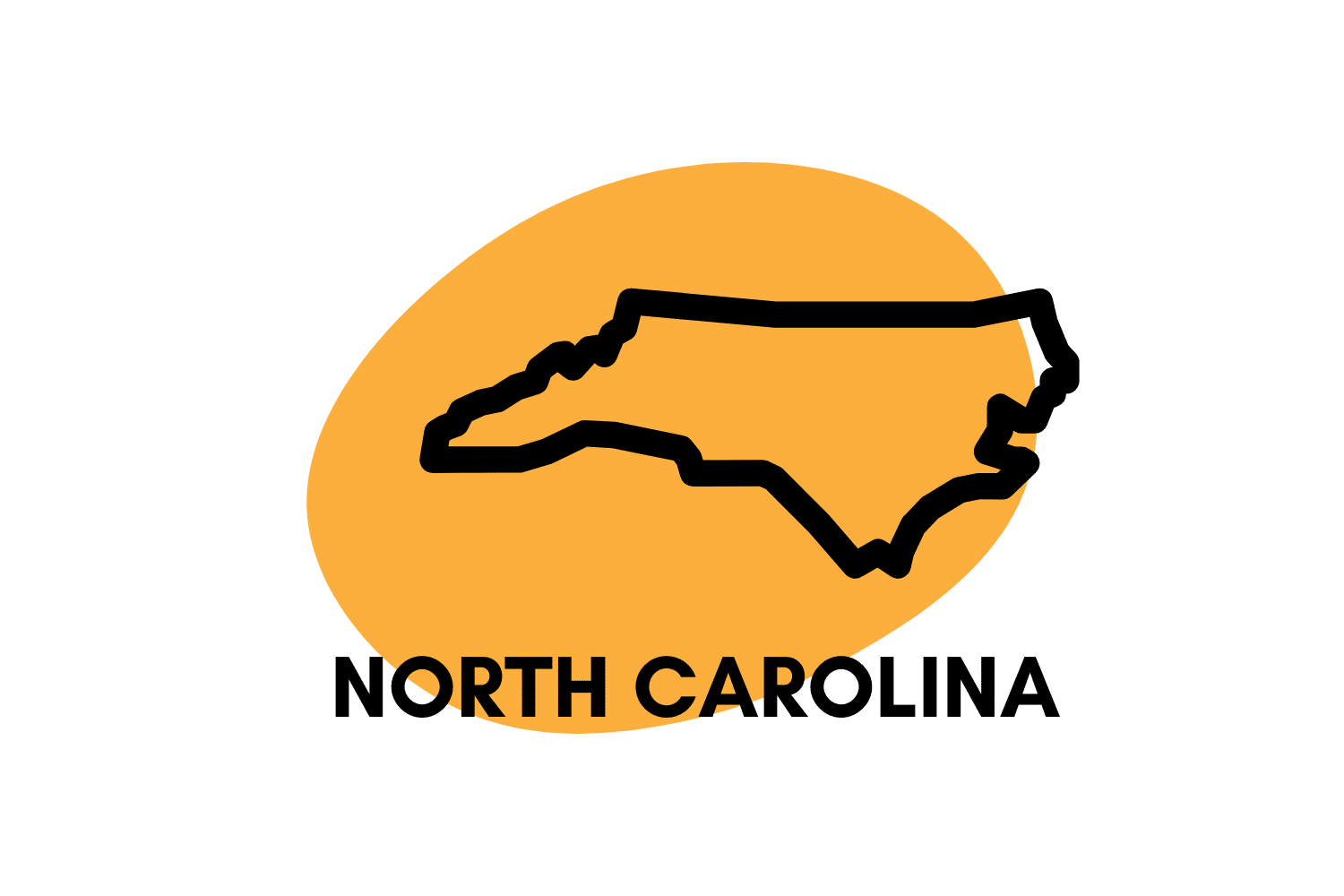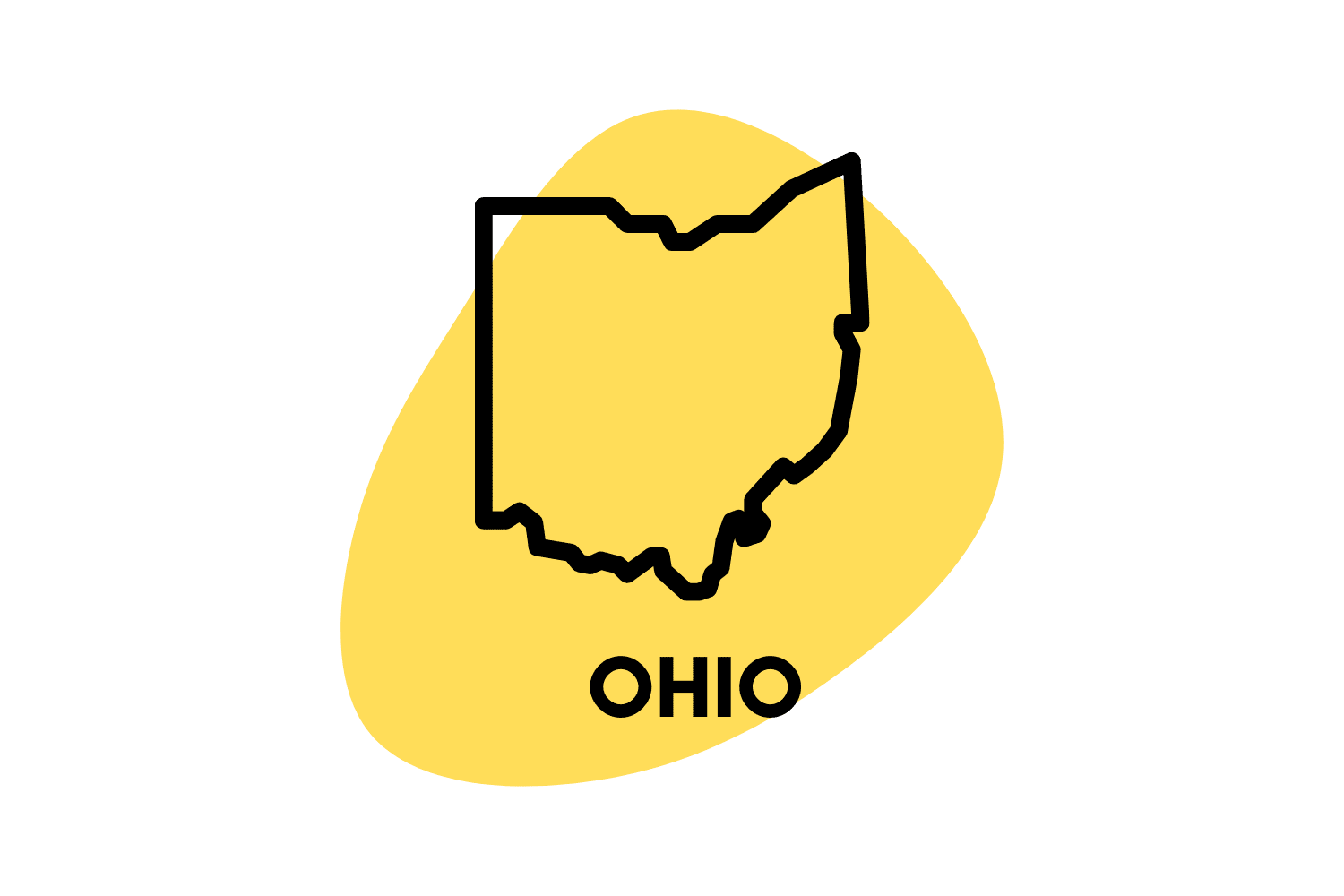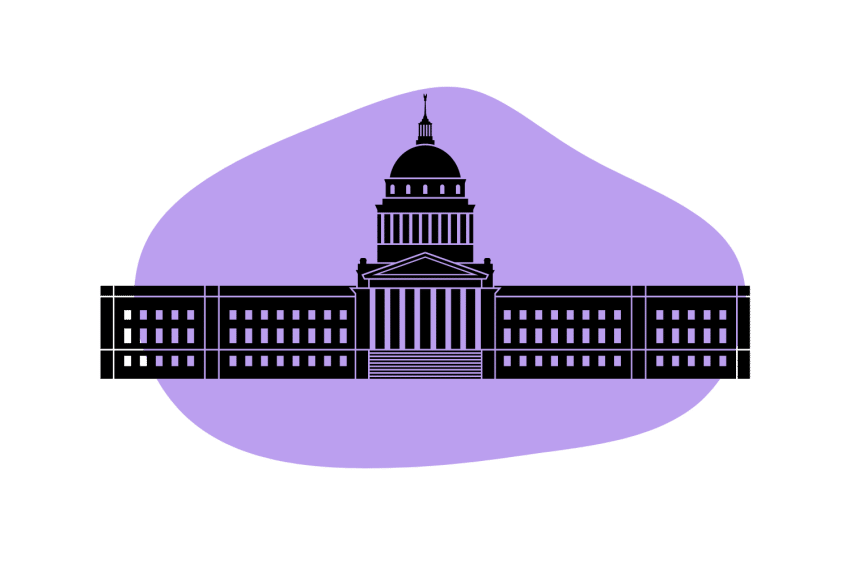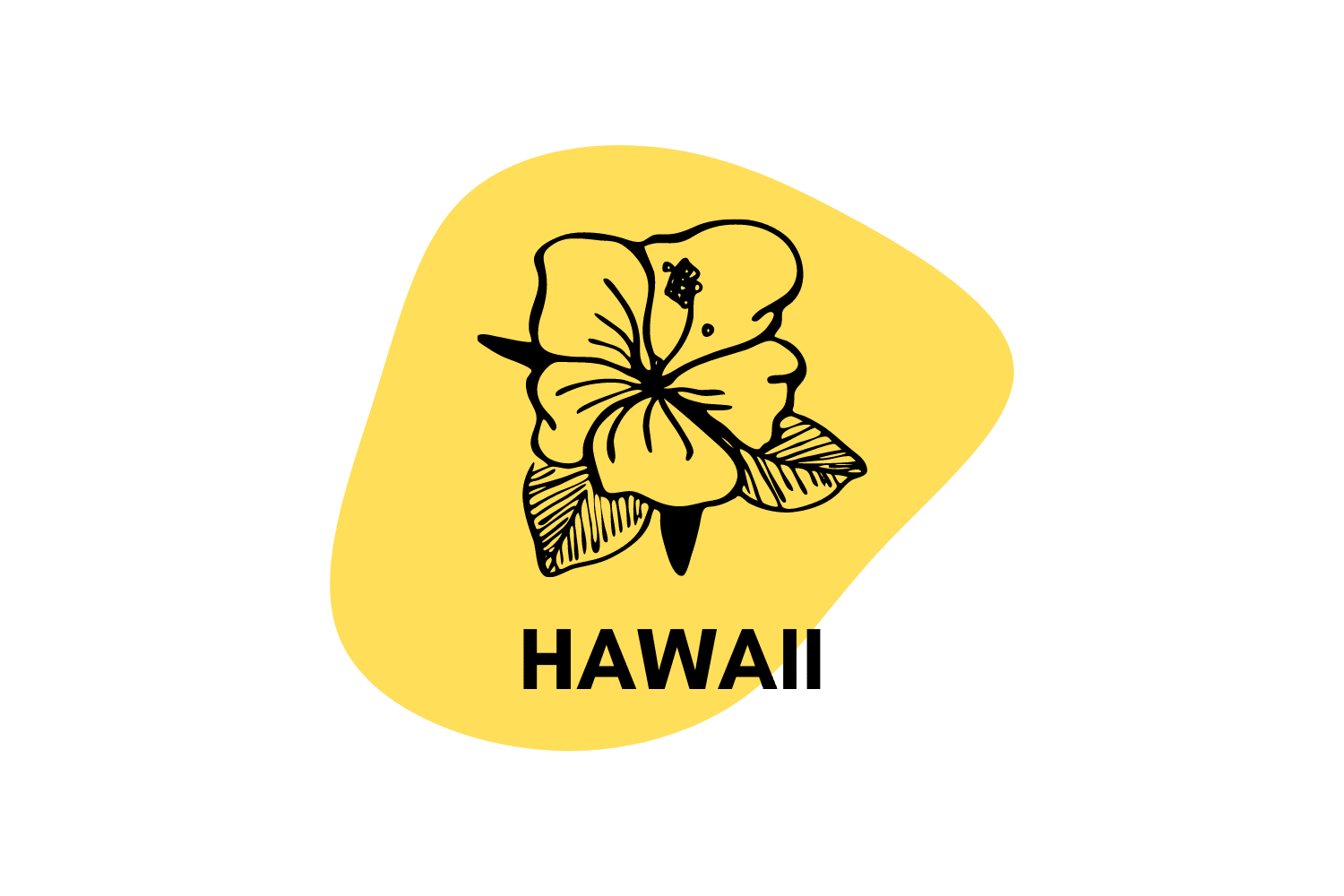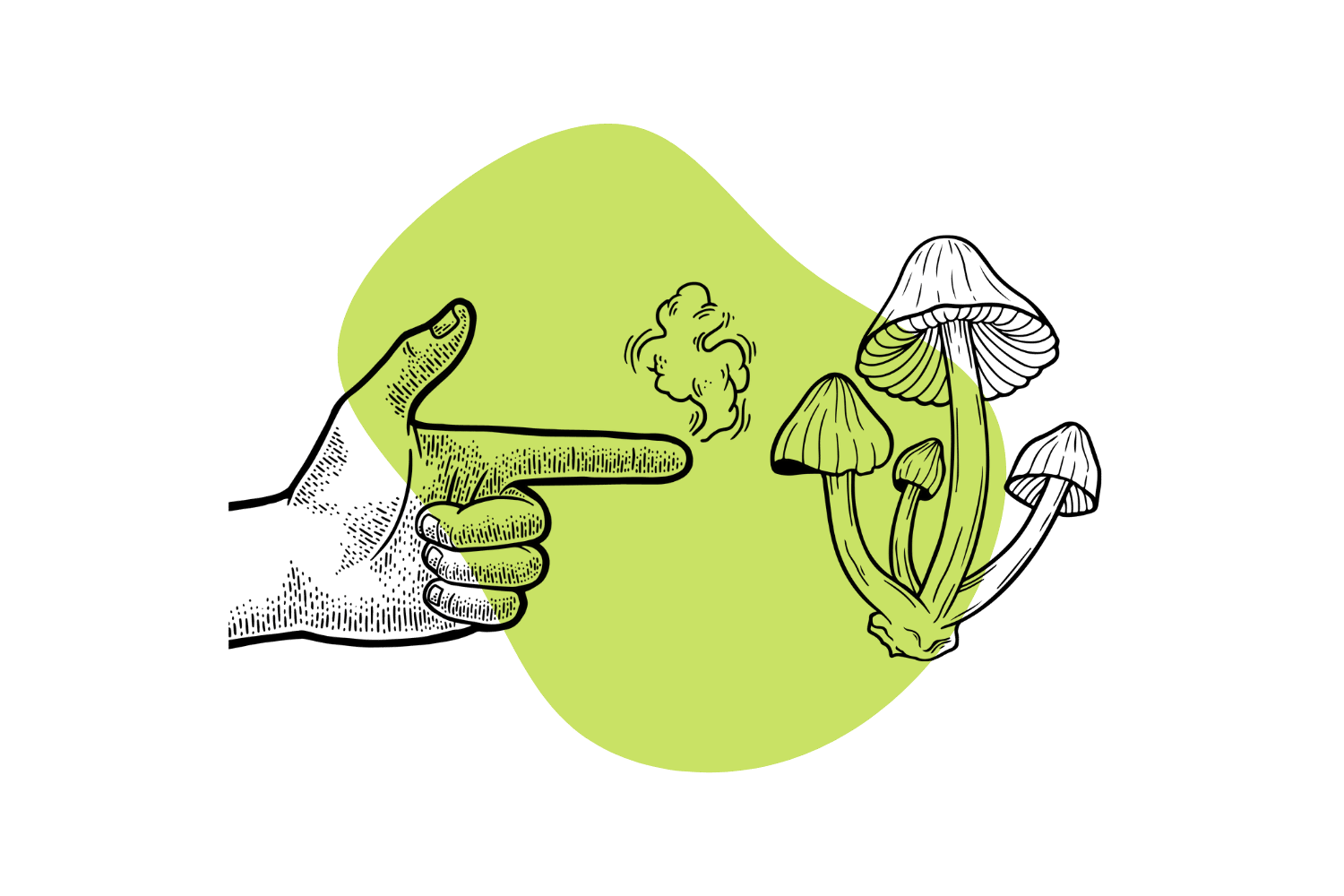Psychedelics Will Remain Illegal in Kansas For the Foreseeable Future
If you’re interested in trying psychedelics, you’d better get the hell out of Dodge 🍄
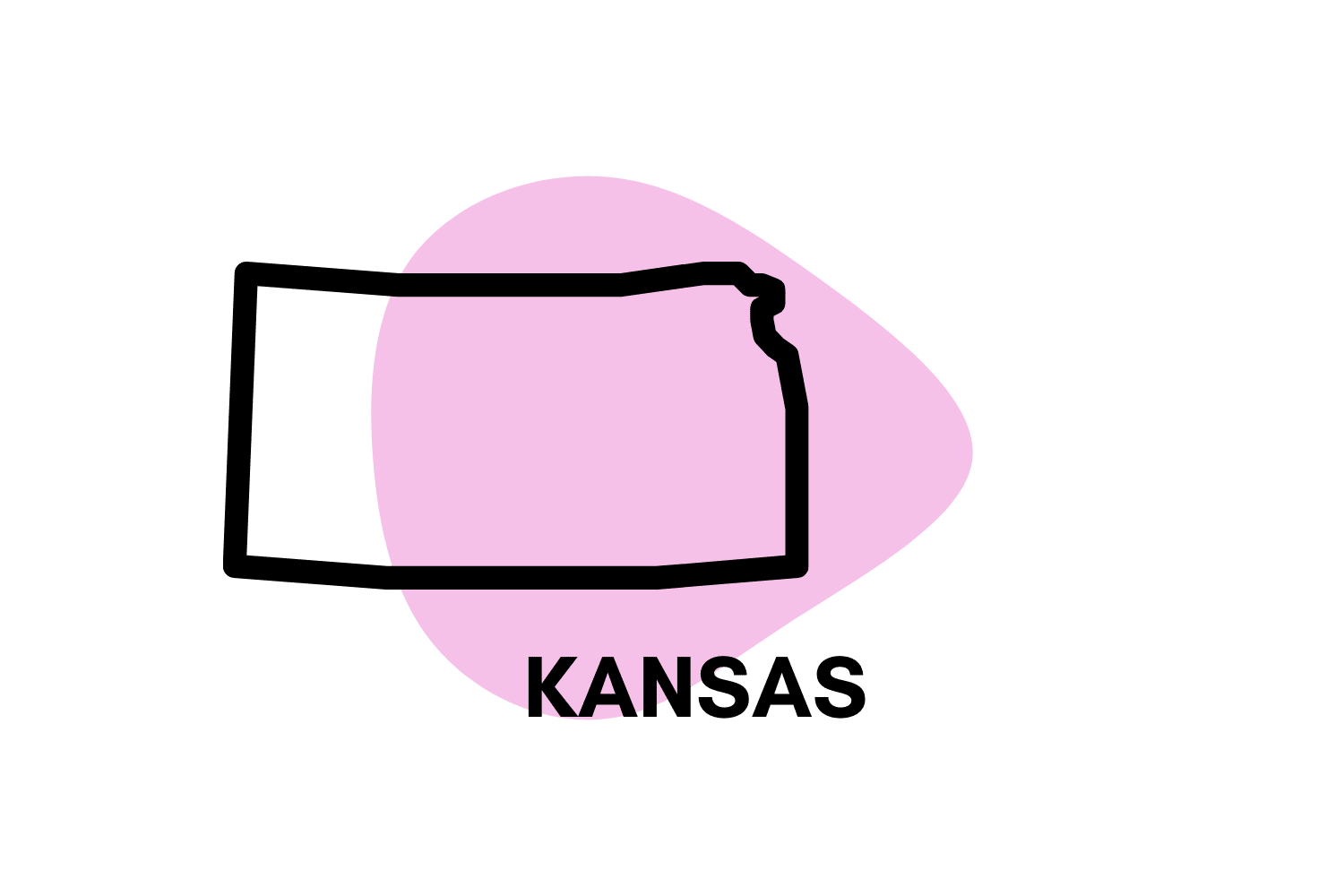
Kansas laws are strict when it comes to possessing almost any psychedelic.
If the police catch you with magic mushrooms, LSD, or MDMA, it can cost you up to a year in prison. However, spores are legal in the Sunflower State.
In this article, we will explain why and detail the legal status of DMT and ketamine too. Keep on reading to learn everything you need to know.
Are Magic Mushrooms Legal in Kansas?
Magic mushrooms are currently illegal in the state of Kansas.
Psilocybin, the active compound in magic mushrooms, classifies as Schedule I under Kansas State law. This means that possessing mushrooms can land you up to 1 year in prison and $2500 in fines.
Schedule I drugs are those considered by authorities to be addictive without any recognizable medical use. However, experts at John Hopkins Medicine have recently recommended reclassifying psilocybin due to its therapeutic potential in treating depression, PTSD, existential anxiety, and more.
The exception to this rule is the spores of psilocybin mushrooms, which remain legal in Kansas.
Spores contain none of the psychoactive compounds and are sold for the purpose of microscopy and research. Cultivating magic mushrooms from spores is still considered illegal in Kansas.
Map of Magic Mushroom Laws In the USA
Do Magic Mushrooms Grow Wild in Kansas?
Yes, several species of magic mushrooms are native to Kansas.
For example, you can find Psilocybe caerulipes in rivers near hardwood forests and Psilocybe cubensis in warmer, more humid regions of the state. The extreme cold weather that can appear in the winter is the main limiting factor for which species of magic mushrooms can be found in the state.
Look for magic mushrooms in the spring and early fall, especially after several days of rainfall. They like growing in places that are dark, humid and contain plenty of organic material to feed on (such as leaves, decaying wood, or manure). You can sometimes find these mushrooms growing in parks or gardens — especially in soil enriched with manure or organic compost.
What Are the Medicinal Uses of Shrooms?
Psilocybin has shown promising results in treating certain psychological conditions — including existential anxiety, depression, addiction, cluster headaches, and PTSD.
In addition, there’s evidence supporting the use of these mushrooms and other psychedelics to improve our problem-solving skills and make us more creative.
It’s these promising findings for the therapeutic effects of magic mushrooms, along with their impressive safety profile, that’s leading the push towards legalization in the United States, Canada, Europe, and elsewhere in the world.
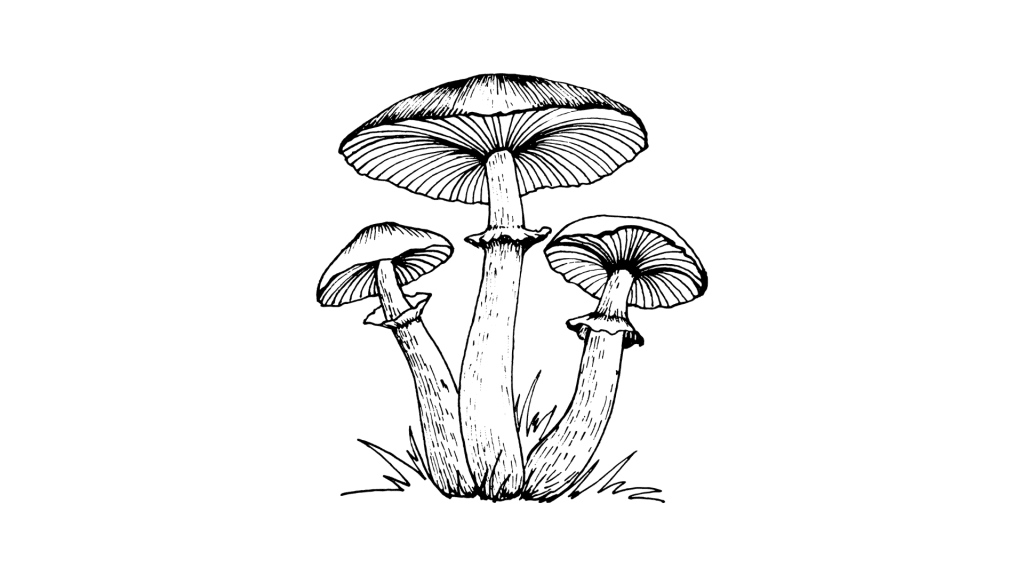
Is LSD Legal in Kansas?
LSD (lysergic acid diethylamide) is illegal in Kansas.
Its penalties are the same as those for magic mushrooms: 1 year in prison and $2500. Section 57 of Chapter 21 of the Statutes outlines these punishments.
Since its prohibition in 1968, acid has been complex for universities to obtain for research. However, LSD is becoming increasingly accessible for research purposes, and more research is coming to light every year. Many of the breakthrough findings discovered in the first round of LSD research in the 1960s — led by infamous researchers including Timothy Leary and Richard Alpert — are being re-investigated.
The effects of LSD are very similar to psilocybin and target the same 5HT2A receptors — which gives it comparable benefits for conditions such as anxiety, addiction, obsessive-compulsive disorder (OCD), and cluster headaches.
There’s also a variety of other LSD analogs that share similar health benefits and safety profiles to LSD that aren’t explicitly mentioned in Kansas state law. Some examples include PRO-LAD, ETH-LAD, AL-LAD, ALD-52, LSZ, and 1P-LSD. However, these compounds remain illegal through the Federal Analog Act — which automatically prohibits any isomer of known psychoactive substances.
Is MDMA Legal in Kansas?
No. MDMA (ecstasy), and other amphetamine psychedelics, are illegal in Kansas.
However, this may change at the start of 2022 if the FDA approves the recent application submitted by MAPS to establish a protocol for MDMA-assisted psychotherapy.
Once approved, clinicians will have the ability to administer MDMA as a form of treatment for PTSD. This will only apply to clinical use — recreational use of MDMA, MDA, DOM, and other amphetamines will remain strictly prohibited. It’s unlikely these substances will become legalized or decriminalized in Kansas anytime soon.
Possessing MDMA there can cost you up to a year in prison and a $2500 fine. Like most other psychedelic drugs, MDMA is classified as a Schedule I drug.
Is Ketamine Legal in Kansas?
Ketamine is often set apart from other drugs because of its recognized medical applications. It’s mostly used for anesthesia and clinical treatment-resistant depression.
There are several ketamine clinics already in operation in the state of Kansas.
Outside medical use, ketamine is strictly prohibited. Recreational users risk some pretty significant charges if caught in possession of this substance.
If the police find you with this dissociative sedative, you could be fined up to $2500 and receive up to 1 year in prison.
Is DMT Legal in Kansas?
No. DMT (dimethyltryptamine) is illegal in Kansas.
This is one of the active ingredients in the traditional Amazonian shamanic brew known as ayahuasca. In Kansas, the spirit molecule is classified as a Schedule I restricted substance.
Possession of any amount of DMT can lead to a year in prison and a $2500 fine.
These restrictions include N,N-DMT, 5-MeO DMT, and 4-AcO DMT. While it’s easy to find DMT naturally, we recommend caution if you intend to extract DMT. Its production is highly illegal and may require the use of poisonous and flammable substances.
Related: List of Plants That Contain DMT.
What’s The Difference Between Legalization & Decriminalization?
These two terms may look similar, but there’s a big difference between legalization and decriminalization from a legal perspective.
If the authorities decriminalize a substance, its sale remains illegal. However, the penalties for possession and use are significantly reduced.
Legalization, on the other hand, leads to the authorized and regulated sale of the drug. For example, several US states have recently legalized marijuana. This means businesses can now manufacture and sell the plant legally. There are often still restrictions for legalized substances — such as limiting the quantity users are allowed to buy per day or month and minimum age restrictions for customers.
Most likely, Kansas will move to legalize psychedelics like MDMA, psilocybin, LSD, and ketamine for medical use — while natural psychedelics like mescaline, bufo toad venom, and magic mushrooms will become decriminalized.
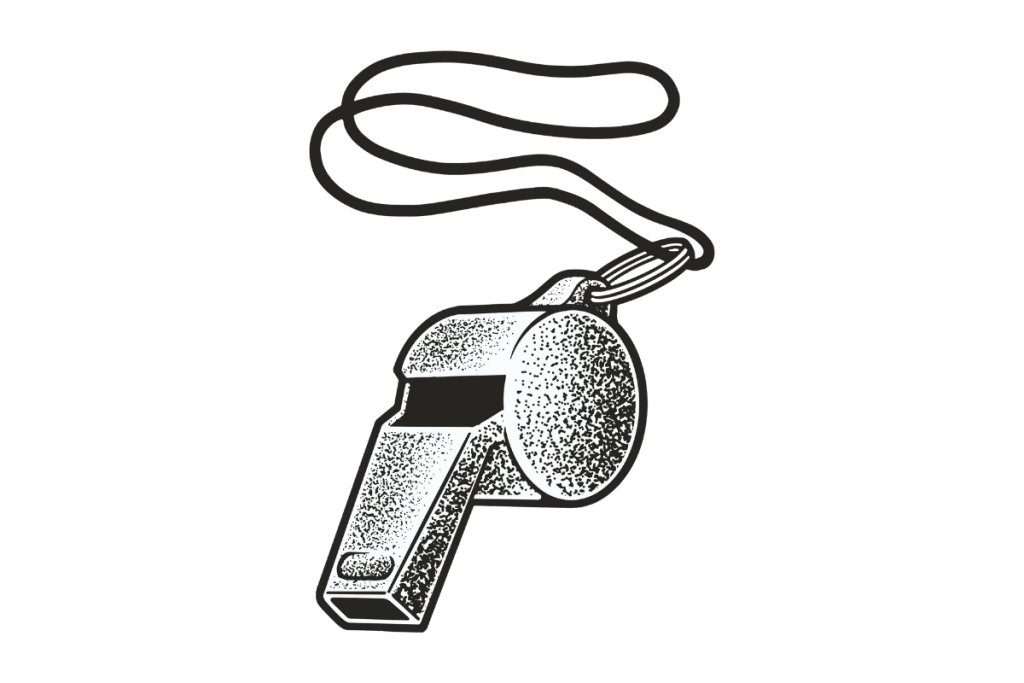
Key Takeaways: What’s The Future of Psychedelics in Kansas?
Kansas has not yet moved towards legalizing or decriminalizing psychedelic drugs. Possessing most of them carries penalties of one year in prison and fines of $2500 or more.
Currently, the only legal psychedelics in Kansas are ketamine (medical use only) and magic mushroom spores (for research purposes only). MDMA is also on the verge of becoming legal for medical use — this is expected sometime in early 2022.
A few US states have decriminalized drugs to encourage medical research and rid the courts of petty crimes. However, the Sunflower State authorities have not yet opened this debate. We will probably have to wait for federal laws to change for this to happen. This means we’re not likely to see any major changes in regards to the regulation of psychedelic substances in the state of Kansas until 2023 or beyond.

